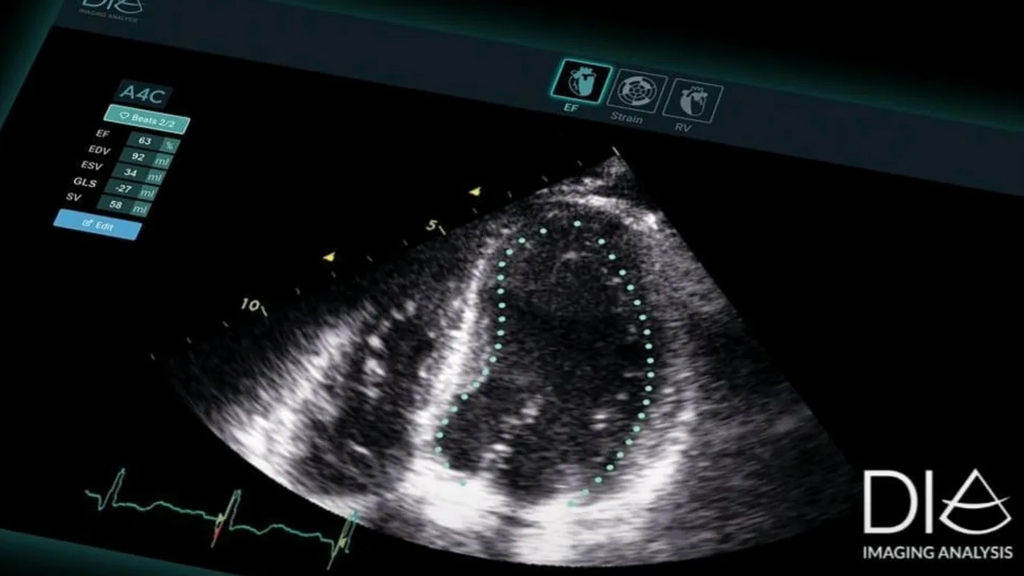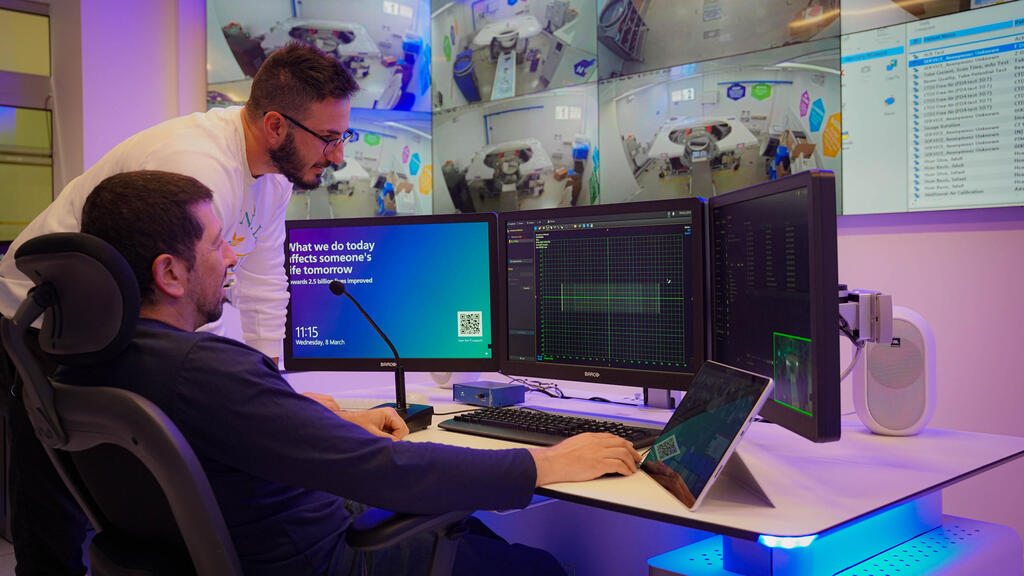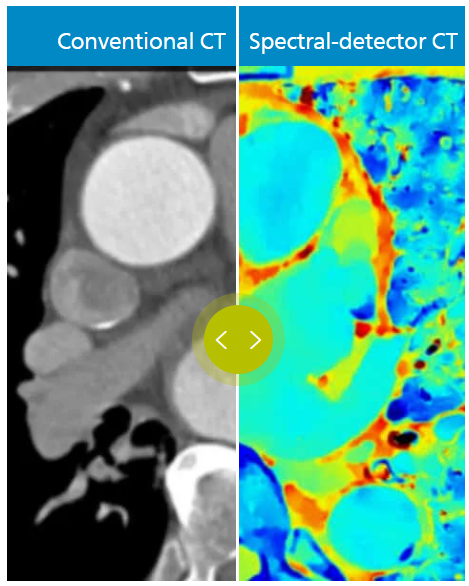Aging populations and a chronic shortage of medical professionals around the world placed enormous stress on healthcare systems, which is expected to grow even further in the coming years.
Read more:
Without significant changes in healthcare costs and work practices, many countries will struggle under the economic burden, and accessibility to healthcare services may decline. This critical threat will be particularly felt in developing countries and mostly in countries where the healthcare infrastructure is challenging from the outset.
In their 2004 book The Blue Ocean Strategy, professors W. Chan Kim and Renée Mauborgne described a business strategy in which new opportunities with significant growth and profitability potential are explored. In the world of medical technology, Israel serves as such a blue ocean.
For around 22 years, Philips has had extensive business activity in Israel, with the Israeli site being a center of excellence in research, advanced development, and production with an emphasis on software solutions, artificial intelligence, cloud technologies, Ultrasonography, and advanced computer tomography (CT) technology.
The advanced technologies developed and manufactured by Philips Israel in the field of medical devices and software, including AI, enhance and improve the quality of medical care delivered by healthcare professionals, allowing them to assist more patients with greater precision. This is crucial for any country and was particularly evident during the COVID-19 pandemic.
Philips Israel has strategic collaborations with leading hospitals and HMOs, prominent academic institutions in the medical field, and key players in the technological ecosystem, including venture capital funds and startup companies. The company, in partnership with "Teva," established the SANARA Ventures fund, which invests in the health tech sectors.
Obtaining high-quality ultrasound images of the heart can be challenging due to its continuous motion and deep location in the chest, making the quality of the interpretation highly dependent on the experience of ultrasound operators. Recently, Philips completed a business transaction and now holds full ownership of the Israeli company, DiA Imaging Analysis, which has innovative technology providing AI-based software solutions for cardiac ultrasound.
The technology automatically simulates the way the human eye identifies boundaries and motion in ultrasound images. It is FDA-approved and already in use in dozens of countries worldwide, primarily in the field of cardiology. These tools improve the objectivity of interpreting echocardiography tests by reducing discrepancies between interpreters and enhancing the speed and accuracy of interpretation. Thanks to this technology, physicians from all over the world can now remotely connect to cardiac ultrasound systems, providing real-time guidance and consultation, even if one is in Israel and the other in Australia.
Spectral CT is a unique diagnostic technology invented in Israel, and its first prototype was tested at the Hadassah Medical Center in Ein Kerem, led by Professor Yaakov Sosna, a radiologist. The technology allows for better diagnosis through CT scans, as it provides more comprehensive information about tissue composition beyond what is available in a regular CT scanner.
Spectral CT enables the differentiation between tissues and the visualization of small lesions that would not be visible on a regular CT scanner. These devices are manufactured by Philips Israel at their production center in Haifa and are at the forefront of diagnostic imaging today, not only in oncology but also in diagnosing other issues such as myocardial perfusion in cardiology and many other fields.
At a major international conference held this year in Lyon, France, the significant advancement in diagnostic capabilities thanks to spectral CT was discussed. Professors Doeck and Boyle, among others, participated in the conference, and their hospitals have already installed a prototype of the photon-counting CT system, which represents the next generation of CT scanners. Philips Israel's system allows for unparalleled image quality, high resolution, and low radiation, and it is expected to revolutionize the diagnosis of cancer, heart disease, and trauma in the coming years.
There is no doubt that cancer is one of the most significant challenges in the medical world today. Philips Israel's Oncology Pathways is the first application serving as a sort of GPS for the clinical realm, specifically designed for cancer-focused treatment. Through the application, the treating physician can input the patient's clinical data and receive personalized treatment guidelines, leading to optimal therapy or consideration for participation in clinical trials for cases involving investigational drugs. The application is currently operational in the United States, and in the coming years, it is expected to be implemented in Israel as well.
Lior Bonfis is the president of Philips Israel




